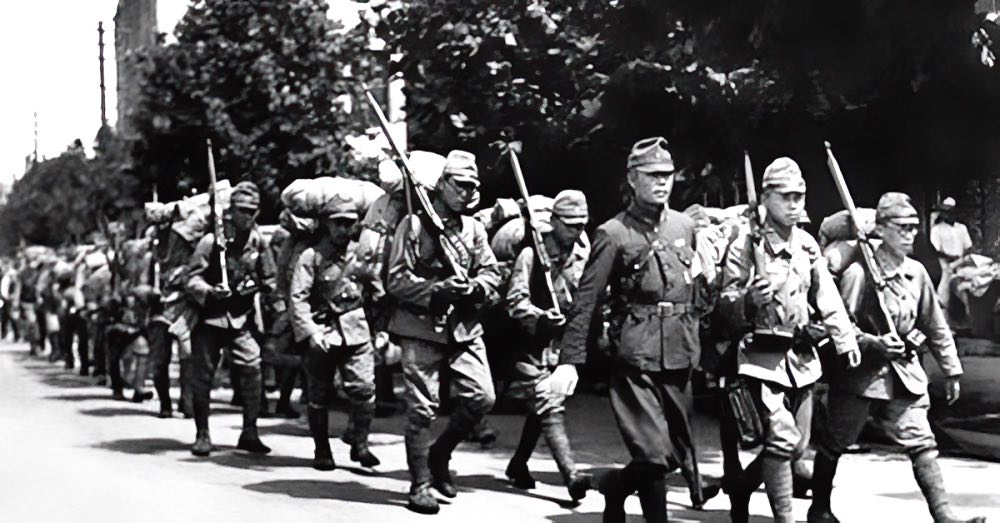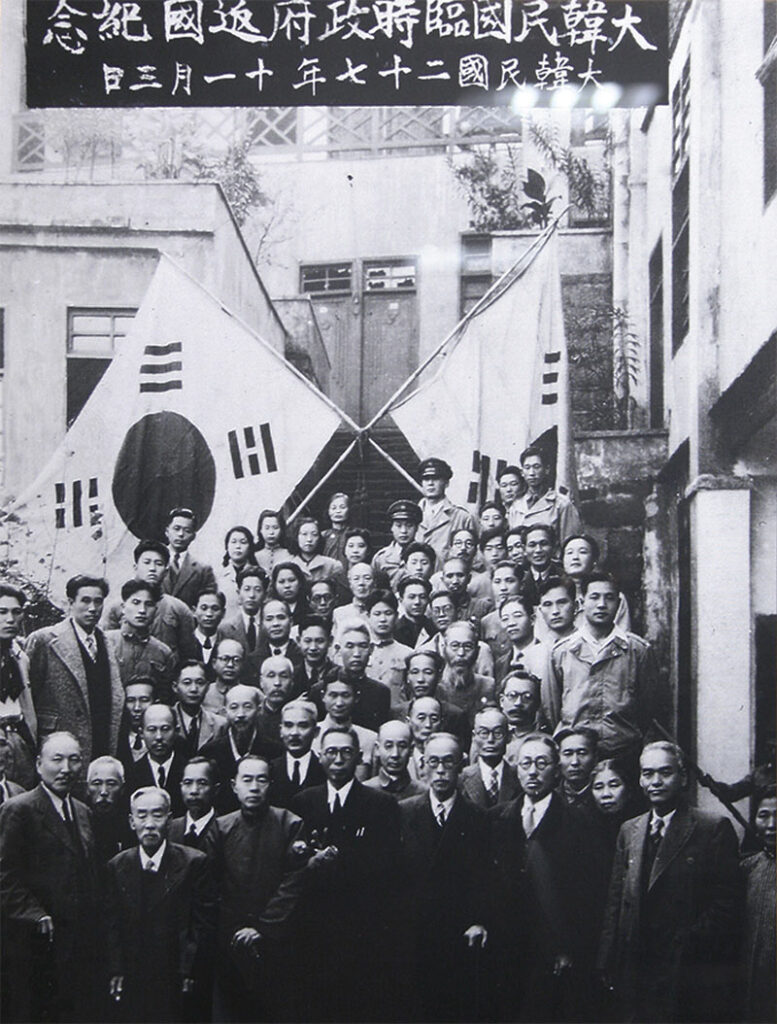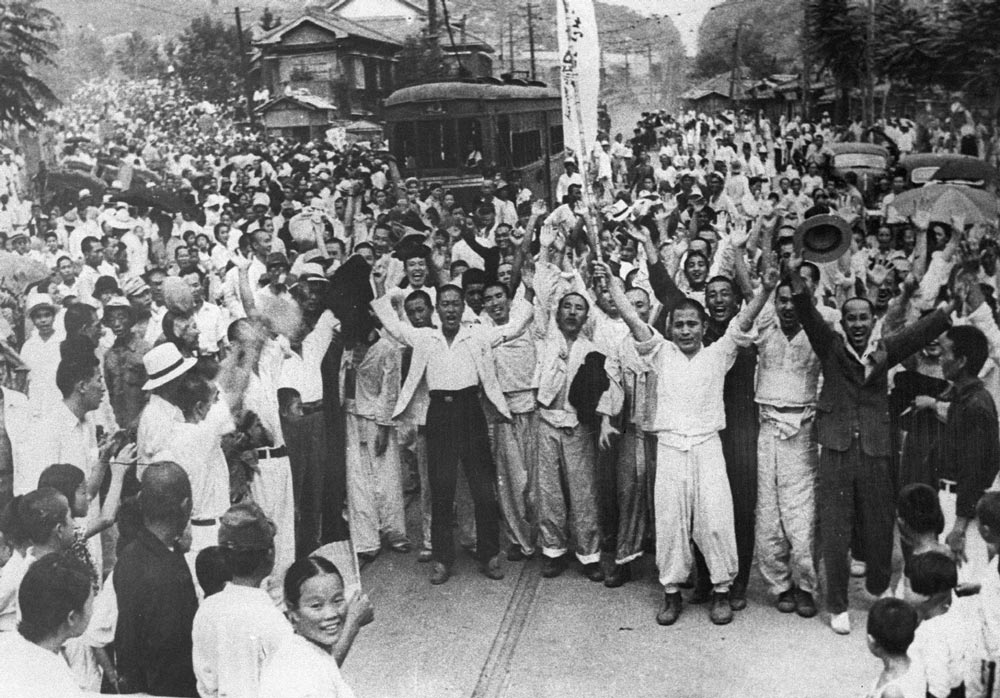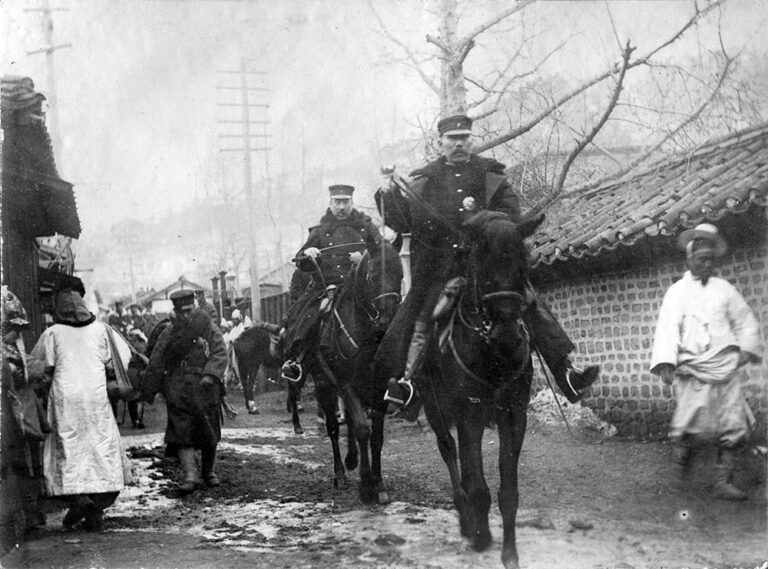Between 1910 and 1945, Japan undertook a relentless campaign to erase Korean culture, language, and history, leaving lasting scars that still resonate in the present day.
During the 2018 Olympic Winter Games, a controversial statement by an NBC commentator stirred outrage among South Koreans, reigniting the wounds of Japan’s occupation. Analyst Joshua Cooper Ramo’s assertion that Korea’s global success was due to Japan’s influence prompted tens of thousands of South Koreans to sign a petition demanding an apology, as it reopened painful memories of Japanese imperialism and wartime atrocities.
Japan’s Annexation of Korea
In 1910, Korea fell under Japanese rule after years of war, intimidation, and political maneuvering, enduring occupation until 1945. Japan implemented an aggressive assault on Korean culture to solidify its control, imposing bans on speaking Korean in schools and universities. Manual labor and loyalty to the Emperor became emphasized, and public spaces adopted Japanese practices, including filmmaking.

The obliteration of non-approved historical texts, burning of over 200,000 Korean historical documents, and the restriction of Korean labor and land marked this dark period. Japanese families settled in Korea, transforming landscapes and exploiting resources. Tragically, hundreds of thousands of Korean women were forced into sexual slavery as “comfort women” in military brothels.
Manipulation of Korean Art and Culture
Beyond exploiting the people, Japan plundered Korea’s cultural symbols. The majestic Gyeongbokgung royal palace, a potent symbol of Korean sovereignty, fell victim to the Japanese colonial government’s destruction. A third of the historic complex was dismantled, and the remaining structures repurposed for Japanese tourists.
Korean art and cultural treasures were preserved but distorted to uphold Japan’s self-image as a civilizing force. Textbooks, museums, and public perceptions portrayed Korea as primitive compared to Japan. The forced assimilation of Koreans included mandatory worship at Shinto shrines, originally intended for Japanese families, perpetuating the notion of a single, unified people.
Korean Resistance and Independence Movements
Despite the prolonged occupation, Koreans resisted Japanese rule actively. The 1919 March First Movement, declaring Korean independence, sparked over 1,500 demonstrations that were brutally suppressed. Underground groups, such as the Party of Three Thousand, and quiet acts of resistance, like refusing to speak Japanese or change names, symbolized the persistent desire for independence.

Post-Occupation Division and the Korean War
World War II’s end brought liberation to Korea from Japanese rule, but the peninsula’s division into occupation zones set the stage for the Korean War. The conflict pitted the Soviet and Chinese-backed northern half against the United States and UN-backed south.

After the war, South Korea emerged as a liberal democracy, attempting to purge remnants of Japanese influence. Prosecutions of colonial collaborators and land confiscations occurred, but ongoing disputes persist on how to address collaboration during the occupation.
Today, South Korea, while grappling with the aftermath of Japan’s occupation, commemorates its resistance on March 1– a national holiday that serves as a poignant reminder of the resilience displayed during years of occupation.
nkf.


